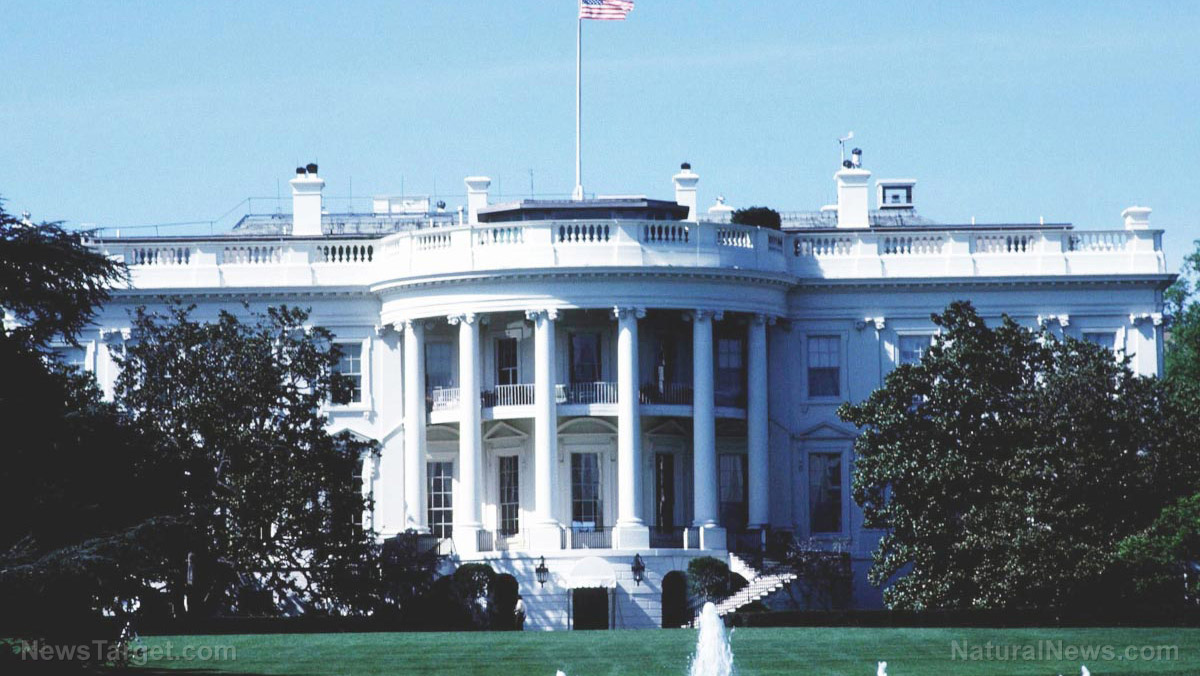 Parler
Parler Gab
Gab
- The Trump administration faces criticism for withholding details on U.S. military casualties and civilian deaths from unauthorized airstrikes in Yemen, with over 1,000 conducted since March. Critics accuse it of bypassing constitutional checks.
- Lawmakers, including Reps. Ro Khanna and Pramila Jayapal, demand accountability, condemning the administration’s secrecy and unconstitutional military actions, citing incidents like the USS Truman jet crash and sailor injuries.
- National security adviser Michael Waltz was fired after advocating aggressive Yemen strikes and aligning with Israel’s Netanyahu, conflicting with Trump’s diplomatic approach. His removal signals internal divisions.
- Groups like Just Foreign Policy criticize the secrecy as contradicting Trump’s anti-war rhetoric, highlighting civilian harm (e.g., school bus bombing) and the lack of legal or constitutional justification for the campaign.
- The unilateral Yemen strikes violate War Powers Act timelines, raising concerns about unchecked presidential power. Congress debates reining in such actions amid eroding public trust and unresolved human costs.
Congressional outcry over lack of accountability
Democratic Representative Ro Khanna of California led a bipartisan reproach of the administration’s secrecy, demanding immediate transparency: “The administration should be transparent about the number of U.S. casualties from the attacks on the Houthis.” His colleague, Representative Pramila Jayapal of Washington, echoed these concerns, condemning the president’s “unconstitutional military action” and warning such unilateral decisions risk U.S. lives. The stakes are underscored by an April accident aboard the USS Truman, where a $60 million jet was lost overboard during a sharp evasive maneuver, injuring a sailor. While the Pentagon cites Houthi threats as justification for the operation, lawmakers argue the administration has bypassed Congress. “Neither this service member, nor any of the others in Yemen, should have ever been in harm’s way,” said Jayapal. When The Intercept sought casualty data, officials passed responsibility among agencies, citing bureaucratic deferals. During Biden’s tenure, CENTCOM and the Pentagon routinely disclosed such details, including specific attack synopses and casualty breakdowns—a contrast advocates stress highlights Trump’s deliberate retrenchment in transparency.Policy clashes trigger key adviser’s ouster
Michael Waltz, Trump’s recently dismissed national security adviser, embodied the tensions over Yemen strategy and military escalation. Waltz advocated aggressive measures, including strike coordination with Israel, which reportedly clashed with the president’s preference for cautious diplomacy. The fatal blow for Waltz came when he inadvertently included a journalist in a Signal chat about Yemen strikes. But deeper discord stemmed from his closer alignment with Israeli Prime Minister Benjamin Netanyahu, who pressured for an Iran military strike ahead of a February Oval Office meeting. A White House official described Waltz’s transgressions: “You work for the president of your country, not a president of another country.” Waltz’s removal coincided with Defense Secretary Pete Hegseth’s order extending the USS Truman’s deployment in the Red Sea—a decision signaling prolonged U.S. engagement. White House Chief of Staff Susie Wiles cemented the shift, framing Waltz’s UN ambassador nomination as an end to “competing visions” within the administration.Public disapproval and advocacy group criticism
Advocacy groups like Just Foreign Policy lambast the secrecy as a betrayal of Trump’s “peace through strength” rhetoric. Erik Sperling of the group noted, “Withholding basic information… hides how officials violate Trump’s anti-war promises.” The Houthis, backed by Iran, have intensified attacks since 2023 in retaliation for U.S. and Saudi support of Yemen’s government. Recent U.S. strikes targeting civilian infrastructure and a March 2025 school bus bombing—using a Raytheon-made bomb—highlight the campaign’s collateral damage. The lack of accountability, critics argue, fuels public distrust. “This war … has no legitimate basis under the U.S. Constitution or international law,” said Sperling.Historical context and constitutional concerns
The U.S. role in Yemen dates back to the Obama administration’s support for Saudi-led coalition strikes against Houthi rebels. By 2023, Houthi attacks on U.S. ships, linked to the Gaza conflict, escalated U.S. retaliation. Trump’s Operation Rough Rider represents a stark break from constitutional norms: the War Powers Act mandates congressional approval for military actions exceeding 60 days, a deadline the administration has bypassed. Former officials speculate Waltz’s influence pushed a hawkish agenda at odds with Trump’s neutral election promises—a strategy that now strains traditional Republican foreign policy pillars. Meanwhile, advocacy groups demand adherence to the Biden-era precedent of public reporting, calling it essential for democratic accountability.A crossroads for U.S. foreign policy
As Congress weighs measures to curb unilateral military actions, the Yemen campaign underscores deepening divides over national security strategy. With transparency waning and personnel at risk, the administration’s secrecy risks eroding public trust. Underlying the debate is a constitutional question: How far can presidents extend military power without congressional checks in an era of irregular conflicts? For now, the unanswered cost of war—and the fate of those serving in it—remains shrouded in secrecy, challenging both lawmakers and citizens to demand accountability from an administration grappling with its own internal strife. Sources for this article include: TheCradle.com TheIntercept.comIsrael votes to seize control of West Bank land in de facto annexation move
By Cassie B. // Share
Trump administration cuts debt growth by 92% in early fiscal overhaul
By Willow Tohi // Share
Trump administration rolls back climate rules in energy freedom reversal
By Willow Tohi // Share
Trump lifts Syria sanctions in major policy shift, paving way for reconstruction
By Cassie B. // Share
Netanyahu vows “full force” assault on Gaza as forced expulsion of Palestinians looms
By Cassie B. // Share
Governments continue to obscure COVID-19 vaccine data amid rising concerns over excess deaths
By patricklewis // Share
Tech giant Microsoft backs EXTINCTION with its support of carbon capture programs
By ramontomeydw // Share
Germany to resume arms exports to Israel despite repeated ceasefire violations
By isabelle // Share










